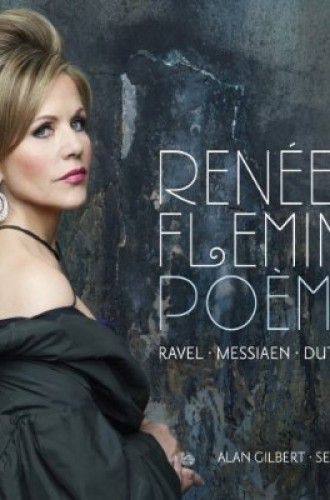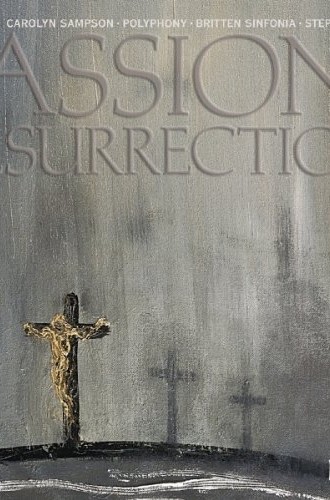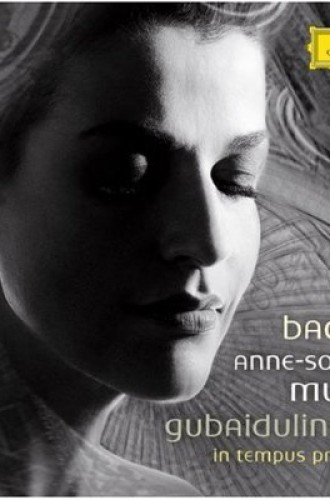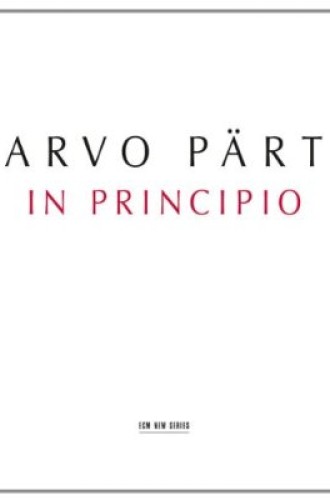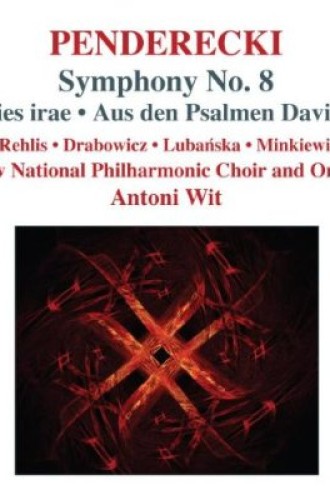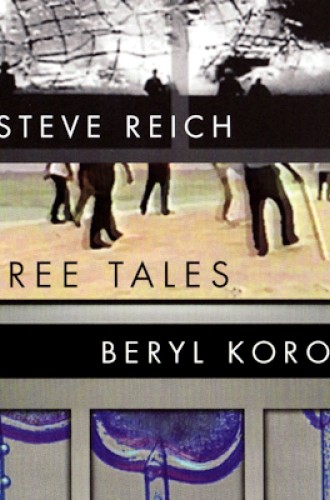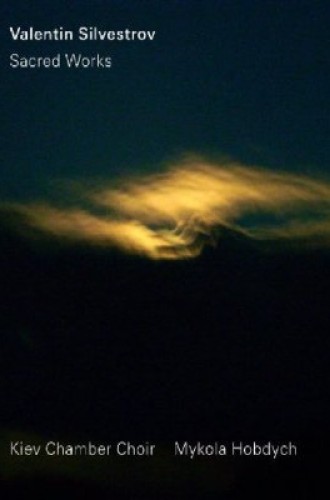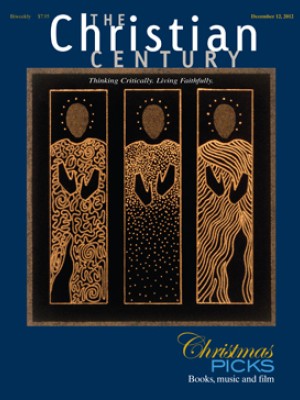Classical music
Poèmes, Works by Maurice Ravel, Olivier Messiaen and Henri Dutilleux; Renée Fleming, soprano; Orchestre National de France, Seiji Ozawa, conductor. Any new work by Henri Dutilleux (b. 1916) needs to be considered a major event. Perhaps unparalleled among composers since 1950 for his attention to details, harmonic sophistication and orchestral timbre, Dutilleux can be considered the final representative of the great Gallic tradition dating back to Debussy and Ravel. Renée Fleming, to whom the brief but poetically dense song-cycle Le temps l’horloge is dedicated, provides a sumptuous vocal palette. The disc also features Ravel’s Shéhérazade and the rarely recorded orchestral version of Olivier Messiaen’s song cycle Poèmes pour mi (1936).
Passion and Resurrection, by Eriks Esenvalds; Carolyn Sampson, soprano; Polyphony, Britten Sinfonia, Stephen Layton, conductor. The young Latvian Eriks Esenvalds (b. 1977), a former Baptist seminarian and church music director in Riga who holds a fellowship at Trinity College, Cambridge, is one of the most promising composers of his generation. Equally at home writing in a resolutely modernist idiom as in a crossover style, his music is attractively melodic while never short on artistic and spiritual substance. His half-hour Passion and Resurrection (2005) for soprano solo, chorus and strings is a work whose influences are eclectic. Listeners may hear echoes of Górecki, Britten and Shostakovich as well as Byzantine liturgy and Renaissance polyphony—all welded into a highly personal and expressively satisfying whole.
Read our latest issue or browse back issues.
In Tempus Praesens, by Sofia Gubaidulina; Anne-Sophie Mutter, violin; London Symphony Orchestra, Valery Gergiev, conductor. Gubaidulina celebrated her 80th birthday in 2011. Her rich vein of creativity in the years following her monumental St. John Passion and St. John Easter is nowhere better exemplified than in her second violin concerto, In tempus Praesens (“In the present time”). It was written a quarter of a century after Offertorium (1980), which first introduced her to an international audience. Combining lyrical poignancy with memorably dramatic passages, the intensity of this work never flags. Gubaidulina’s work is one of a notable series of major additions to the repertoire for violin and orchestra written for Anne-Sophie Mutter. (The album also has Bach’s violin concertos nos. 1 and 2.)
In Principio, by Arvo Pärt; Estonian Philharmonic Chamber Choir, Estonian National Symphony Orchestra, Tallinn Chamber Orchestra, Tonu Kaljuste, conductor. Selecting any one release of music by arguably the greatest composer of sacred music of our times is a tough assignment. Particular favorites are his Lamentate for piano and orchestra, Symphony No. 4 “Los Angeles” and the jewel-like short choral works The Deer’s Cry, Most Holy Mother of God and Morning Star, included on the excellent Creator Spiritus CD. If pressed to select just one disc, however, the choice goes to In Principio, which contains not only a strikingly dynamic setting of the Prologue to the Fourth Gospel—perfect for Christmas—but also the heartrending La Sindone for orchestra and the slightly earlier cantata Cecilia, vergine romana, which powerfully relates the martyrdom of the patron saint of music.
Symphony No. 8, by Krzysztof Penderecki; Michaela Kaune, soprano; Agnieszka Rehlis, mezzo-soprano; Wojtek Drabowicz, baritone; Warsaw National Phiharmonic Choir and Orchestra, Antoni Wit, conductor. Approaching his ninth decade, Penderecki continues his prolific production unabated. His monumental neo-tonal works, such as Symphony No. 7 “Seven Gates of Jerusalem,” remain controversial for those who continue to see his turn to tradition as a betrayal of his avant-garde radicalism of the 1960s. Symphony No. 8 (written in 2005 and expanded in 2008) must rank as one of his most persuasive recent large-scale pieces. A cycle of 12 orchestral songs on texts by German Romantic poets, the symphony refers unashamedly to the sound world and philosophical concerns of the Central European fin de siècle (Mahler, Zemlinsky, early Schoenberg) without ever sounding derivative. It is a work of impressive emotional scope.
Three Tales, by Steve Reich; Bradley Lubman, conductor. Reich unfailingly makes one think. Consciously appropriating the Jewish prophetic tradition, the composer has for decades been a voice of conscience in exploring the dark side of modernity (the Holocaust, terrorism, atomic weaponry). Three Tales, originally a digital video, is the result of a four-year collaboration (1998–2002) with his wife, visual artist Beryl Korot. Its three short acts, “Hindenburg,” “Bikini” and “Dolly,” deal respectively with the macabre technological hubris of Nazi Germany, nuclear testing and cloning/robotics. The opera’s finale pits prominent spokespersons for atheistic science Richard Dawkins and Steven Pinker against a biblical worldview. Reich’s underlying question regards the nature of human responsibility. Are we merely “meat machines” (in the words of artificial intelligence pioneer Marvin Minsky) or the descendants of those placed by God in a garden “to serve it and to keep it”?
Sacred Works, by Valentin Silvestrov; Kiev Chamber Choir, Mykola Hobdych, conductor. The Ukrainian composer Valentin Silvestrov, who turned 75 this year, may not be as well known as Arvo Pärt (who has heaped lavish praise on his work), but he has been steadily gaining in popularity outside Eastern Europe over the past decade or so, largely thanks to an excellent series of CDs on the visionary ECM label. Silvestrov is the author of a huge output, including seven symphonies, an imposing requiem for his late wife, Larissa Bondarenko, and a vast quantity of vocal and piano music. He has turned to writing overtly sacred pieces only in the last few years, but with stunning results, as this disc demonstrates. The sonority of his choral writing is unlike any other—alternately ethereal and cavernous, embracing both impassioned Slavic lyricism and moments of a truly unearthly calm.


